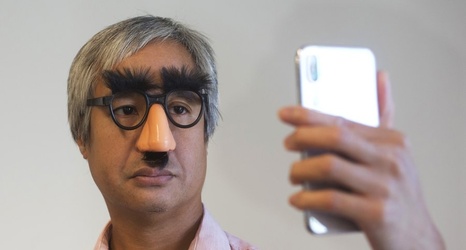After all, says the American Civil Liberties Union attorney, the location data your phone gathers all day, every day, makes it possible for an interested party — the police, let’s say — to look back at a period of time and reconstruct precisely where you were. And from that to deduce who you were talking to and why.
In other words, imagine if the Justice Department could have traced a Washington Post reporter to that Virginia garage where he met Deep Throat.
Such data may offer invaluable help in prosecuting a criminal. But if it’s available on demand, without a warrant, it could be a nightmare for journalists who are trying to protect their sources.
